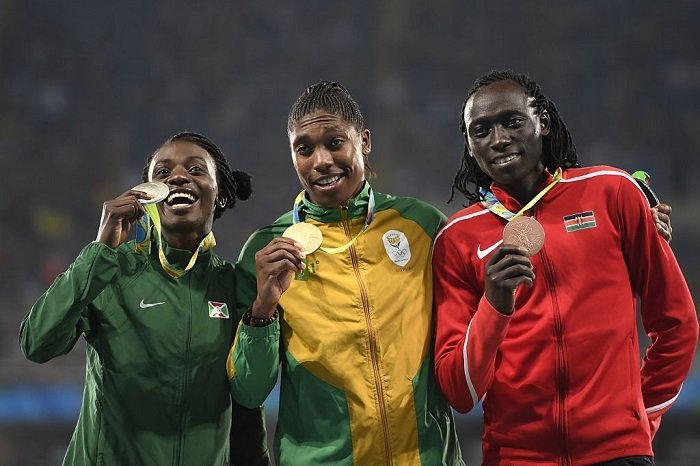Semenya closes book on sex eligibility case

The long-running legal battle involving South African athlete Caster Semenya and sex eligibility rules in athletics is drawing to a close, despite a partial legal victory earlier this year.
Patrick Bracher, one of Semenya’s lawyers, confirmed in an email to The Associated Press on Thursday that the case had run its course.
“Caster Semenya’s legal challenge reached the highest possible court with a highly successful outcome and will not be taken further in the circumstances,” he said.
Semenya, a two-time Olympic gold medallist, has been at the heart of a global debate since World Athletics—then the International Association of Athletics Federations—introduced regulations in 2018 affecting athletes with Differences in Sex Development (DSD). The rules require such athletes to medically reduce their naturally high testosterone levels in order to compete in women’s middle-distance races. Semenya refused, citing personal and medical concerns over hormone suppression treatment.
She won the women’s 800 metres at both the London 2012 and Rio 2016 Olympics but was later barred from competing under the new rules. Her legal battle began in 2019 at the Court of Arbitration for Sport (CAS). The court agreed that the regulations were discriminatory but upheld them in the interest of “fair competition” in women’s athletics.
In 2020, the Swiss Federal Supreme Court supported the CAS ruling, leaving Semenya with no further recourse in sports arbitration. She then took her case to the European Court of Human Rights (ECHR), arguing that Switzerland had failed to safeguard her rights under the European Convention on Human Rights.
In July 2023, the ECHR ruled in her favour, stating that she had not been granted a fair hearing by the Swiss courts and that her case had not received sufficient judicial scrutiny. However, the ruling did not overturn World Athletics’ regulations; it focused solely on the legal process.
Meanwhile, World Athletics has moved to tighten its sex eligibility policies even further, introducing SRY gene testing ahead of its World Championships last month. Following these developments, Semenya’s legal team has confirmed she will not file additional appeals.
Semenya is not the only prominent athlete affected by the DSD regulations. Francine Niyonsaba and Margaret Wambui, who shared the Rio 2016 podium with her in the 800m, were also barred from competition under the rules. Wambui has expressed hope of returning to competition if policies change and has pointed to a national bill on intersex rights as a possible catalyst for broader reform.
— insidethegames.biz
🔗 Follow Ghanaian Times WhatsApp Channel today. https://whatsapp.com/channel/0029VbAjG7g3gvWajUAEX12Q
🌍 Trusted News. Real Stories. Anytime, Anywhere.
✅ Join our WhatsApp Channel now! https://whatsapp.com/channel/0029VbAjG7g3gvWajUAEX12Q






